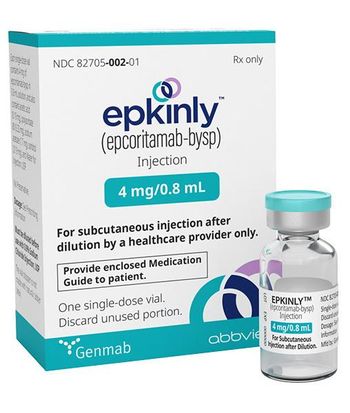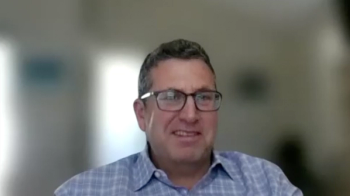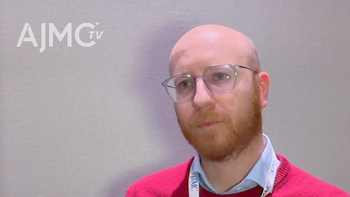
Delayed Chemotherapy Improves Survival in Surgically Resected Patients With NSCLC
Delayed adjuvant chemotherapy, started up to 4 months following resection of non—small cell lung cancer (NSCLC) could still be beneficial to patients, according to a new study published in JAMA Oncology.
Delayed adjuvant chemotherapy, started up to 4 months following resection of non—small cell lung cancer (NSCLC) could still be beneficial to patients, according to a new study published in JAMA Oncology.
Chemotherapy following surgical resection is known to reduce the risk of recurrences in NSCLC, a disease responsible for 158,000 deaths in the United States every year. However, consensus over the optimal time to initiate chemotherapy following surgery is not well understood. This was the primary outcome measure that the current study hoped to analyze.
Of the nearly 12,500 patients who were identified in the National Cancer Database, 3073 patients had stage I disease, 5981 patients had stage II disease, and 3419 patients had stage III disease. Patients diagnosed with invasive NSCLC from January 2004 to December 2012, for whom the diagnosis was their first malignancy, were included. Patients with stage I disease and tumors smaller than 4 cm were excluded from the study, as were patients with incomplete pathologic staging or missing treatment or follow-up information, those with carcinoma in-situ or carcinoid, and those treated with adjuvant radiotherapy.
Analysis of this data showed the lowest mortality risk among patients whose chemotherapy was initiated 50 days following surgery (95% CI, 39 to 56 days). Chemotherapy initiated between 57 and 127 days after surgery did not increase mortality (hazard ratio [HR], 1.037; 95% CI, 0.972-1.105; P = .27). Further, patients who received chemotherapy in the later interval had lower mortality than those treated with surgery alone (HR, 0.664; 95% CI, 0.623-0.707; P <.001).
To understand factors that influence the timing of adjuvant chemotherapy initiation, the authors conducted some additional regression analysis. Factors that determined late (greater than 56 days) initiation included:
- Older age
- Race other than white
- Uninsured or enrolled in Medicaid
- Lower education
- Squamous cell carcinoma
- Undetermined tumor grade
- Pneumonectomy resection
- Extended length of stay (more than 14 days)
- Unplanned 30-day readmission
The authors conclude that adjuvant chemotherapy outside of the standard postoperative window seems effective in completely resected patients with NSCLC. Although they recommend conducting confirmatory studies, the authors suggest that adjuvant chemotherapy can remain an option up to 4 months after NSCLC resection.
Reference
Salazar MC, Rosen JE, Wang Z. Association of delayed adjuvant chemotherapy with survival after lung cancer surgery [published online January 5, 2017]. JAMA Oncol. doi: 10.1001/jamaoncol.2016.5829.
Newsletter
Stay ahead of policy, cost, and value—subscribe to AJMC for expert insights at the intersection of clinical care and health economics.
















